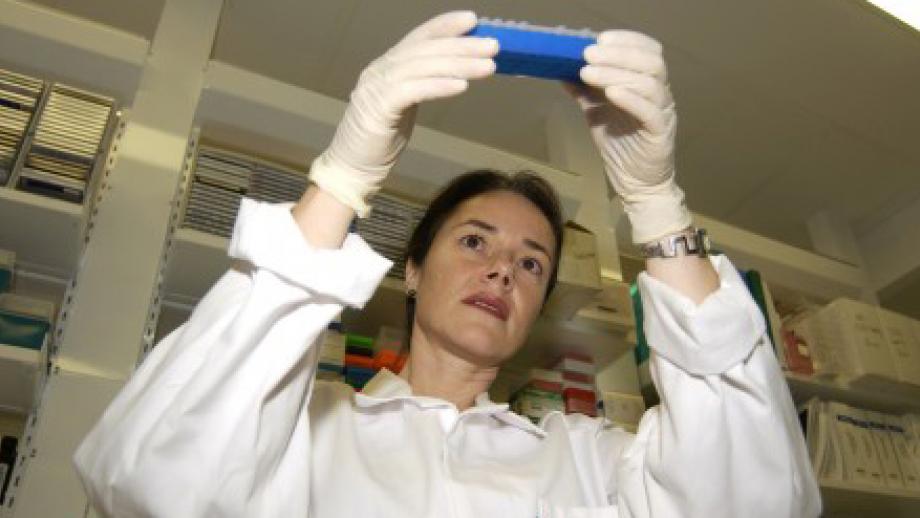International grant for creative immune system research
An ANU medical researcher has been awarded an international grant to conduct revolutionary research into the germinal centre, a crucial but poorly understood part of the human immune system.
Professor Carola Vinuesa, from The John Curtin School of Medical Research, is part of an international team which won a US$1.35 million Human Frontiers Science Program grant.
"It's fantastic for us to get support for such a risky project - it's original and cutting edge, but it would be difficult to get funding through conventional means," Professor Vinuesa said.
"If we are successful the potential is very significant: understanding selection in germinal centres and how high quality antibodies are produced is key to neutralise HIV, to treat autoimmune diseases like lupus and rheumatoid arthritis, and to design effective antibody-based therapies for many immune diseases and cancers."
Professor Vinuesa, an immunologist, shares the grant with theoretical physicist Michael Meyer-Hermann from the Helmholtz Centre for Infection Research (Germany), immunologist Gabriel Victora from Massachusetts Institute of Technology (US) and cell biologist Michael Dustin from University of Oxford (UK).
The team brings different skills to the study of the germinal centre, which creates high affinity antibodies and memory B cells. Memory B cells are adapted to attack the specific infectious agent, and remember the pathogen so they can produce antibodies faster in subsequent infections.
However, some memory B cells can attack the human body as well as the disease. These are screened out in the germinal centre to prevent autoimmune diseases, Professor Vinuesa said.
"We really know very little about this process, but we have novel tools," she said.
"It brings together a remarkable collaboration of scientists at the top of their fields, to tackle a problem that is not answerable by a single approach alone."
The Human Frontier Science Program is funded by 15 countries and awards collaborative research grants for a broad range of projects under the theme of complex mechanisms of living organisms.

